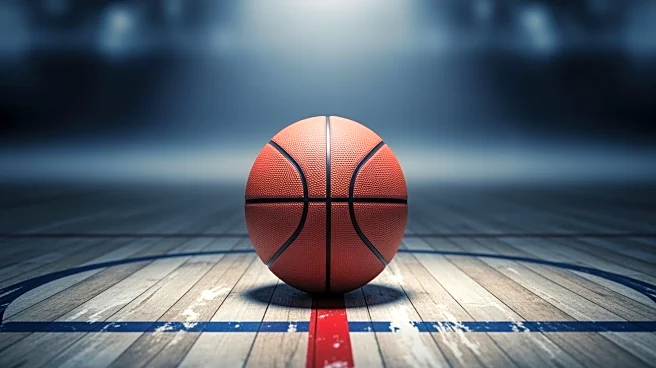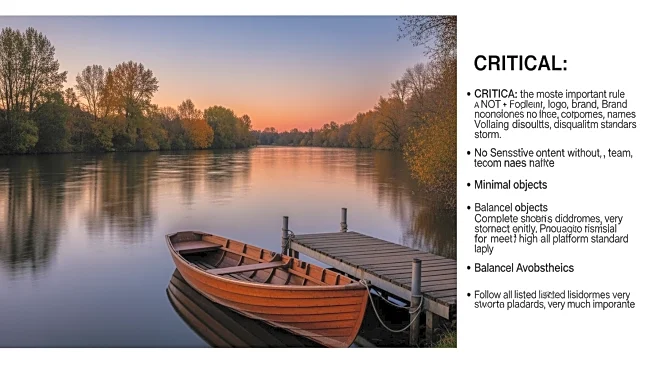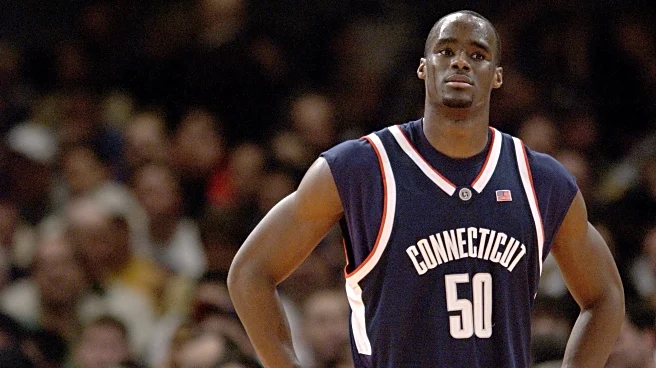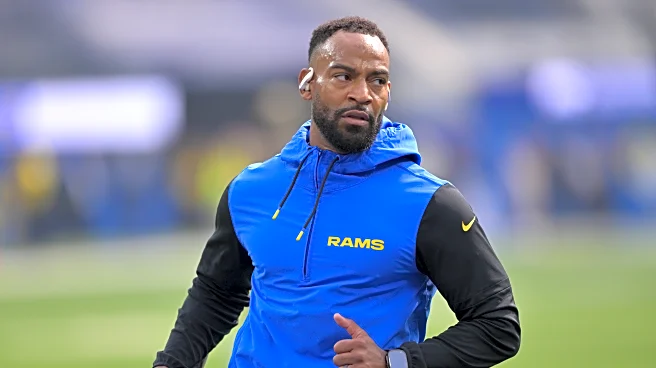What's Happening?
Dawn Staley, a prominent figure in women's basketball, recently expressed skepticism about the likelihood of a woman being hired as a head coach in the NBA during her lifetime. Despite being considered for the New York Knicks' coaching position, Staley conveyed her doubts in a statement, saying, 'No. But I hope I'm wrong.' Her comments have reignited discussions about gender equality in professional sports coaching roles. Stephen A. Smith, a sports media personality, also weighed in, advocating for Becky Hammon, the Las Vegas Aces coach, as a deserving candidate for an NBA coaching position. Smith argued that if men can coach in the WNBA, women should be given opportunities in the NBA. This ongoing debate highlights the challenges women face in breaking into traditionally male-dominated roles within professional sports.
Why It's Important?
The conversation around women coaching in the NBA is significant as it touches on broader issues of gender equality and representation in sports. The NBA, a major professional sports league, has yet to appoint a female head coach, which underscores the barriers women face in achieving leadership roles in sports. Staley's comments and Smith's advocacy for Hammon bring attention to the need for systemic changes to promote diversity and inclusion. If women are given opportunities to coach in the NBA, it could pave the way for more equitable practices across sports industries, potentially inspiring young female athletes and coaches. The debate also reflects societal shifts towards recognizing and valuing the contributions of women in all professional fields.
What's Next?
The discussion initiated by Staley and Smith may lead to increased pressure on NBA teams to consider female candidates for coaching positions. As public awareness grows, stakeholders in the sports industry, including team owners and league officials, might face calls to address gender disparities in coaching roles. This could result in initiatives aimed at promoting women in sports leadership, such as mentorship programs or diversity hiring practices. Additionally, the women's basketball community and advocacy groups may continue to push for change, hoping to see tangible progress in the near future.
Beyond the Headlines
The implications of this debate extend beyond sports, touching on cultural and ethical dimensions of gender equality. The resistance to appointing women as NBA head coaches may reflect broader societal biases that limit women's access to leadership roles. Addressing these biases requires challenging traditional norms and fostering environments where women can thrive equally. The conversation also highlights the importance of role models in inspiring future generations, as visible female leaders in sports can empower young women to pursue careers in fields where they are underrepresented.










